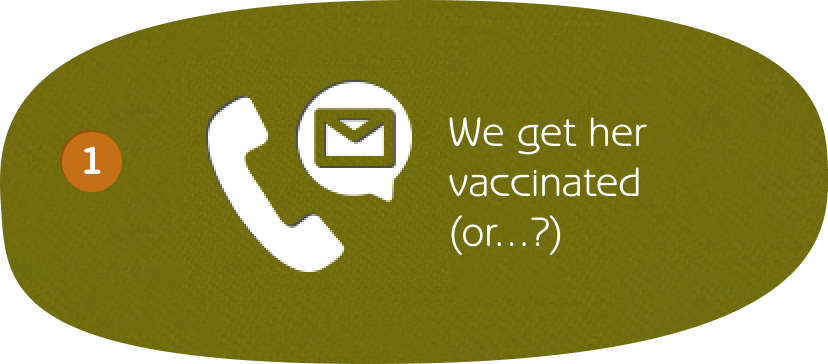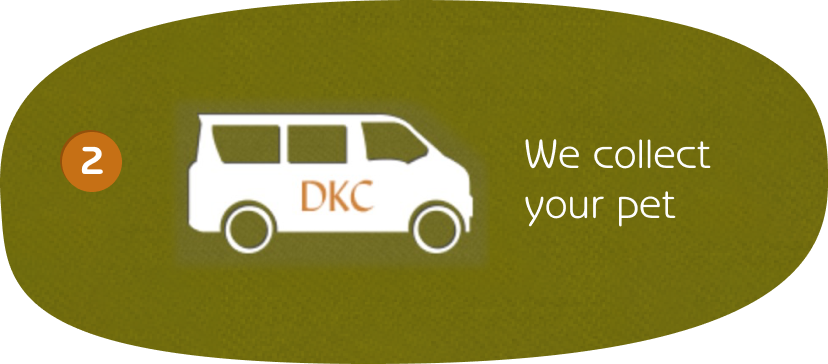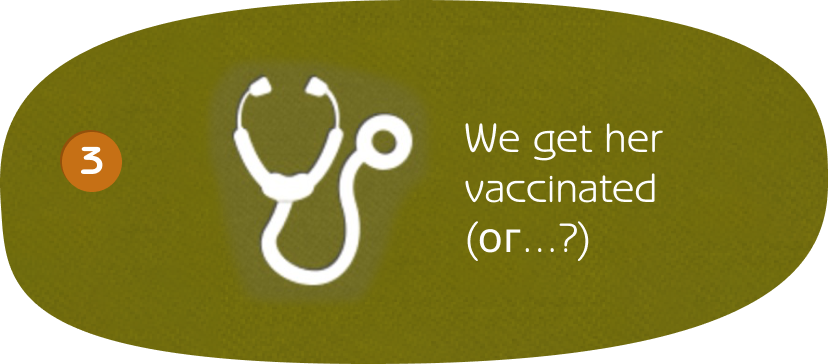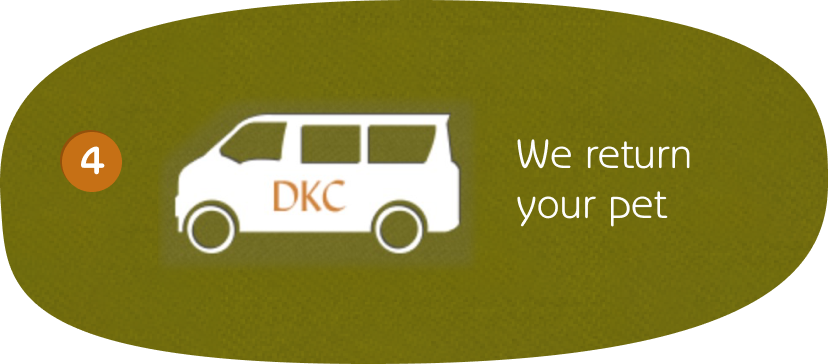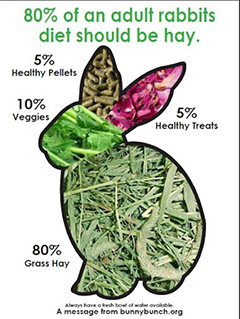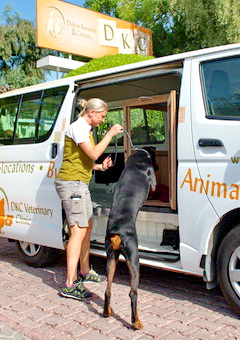Teeth Brushing ~ Should I or Shouldn't I?
Answer
<h5>Teeth Brushing ~ Should I or Shouldn't I?</h5>
<p>Teeth brushing!!? For pets!!?? Oh my goodness!! What is the world coming to?!</p>
<p>Well, that's probably too philosophical a question for us humble pet owners, so just know this: the less effort and time you put into your dog's or cat's teeth at home, the more likely you will face serious dental issues (and costs) in the future. Yep, it's a sad truth.</p>
<p>Dental plaque and tartar build up on your dog's teeth just like it does with us humanoids, so brushing your pet's teeth once daily is best.</p>
<p>Once daily!? Can you even <i>imagine</i> doing it this often?</p>
<p>It <i>is</i> a lot of work, that's true. Furthermore, some dogs and cats <i>really</i> don't like having their teeth brushed (especially those chompers at the back), which of course will make the job all that more difficult and tiresome, for both of you. But if you get the right tools of the trade (at pretty much any pet shop) and keep at it, the difference will amaze you. Truly. And in fact, if you can't manage it every day, or even every week, then just do what you can whenever you can, because within reason, in this case, <i>something</i> is always better than <i>nothing</i>.</p>
<p>This said, there are alternatives to brushing (yay!)... but they're not quite as good (boo!). Dental gels can be rubbed on the gums, and there are products which you can put in their drinking water to help reduce the bacterial load in the mouth. And dental chews of various shapes and sizes do exist, which may or may not be beneficial ~ you'll need to try them and see!</p>
<p>Ultimately, if you notice bad breath on your pet or are in any way worried about their teeth, a quick veterinary check will let you know if you need to have your pet's teeth scaled and polished (just like you do when you go to the dental hygienist yourself) ~ most pets will need this done as they get older ~ usually yearly.</p>
<p>So what's the point of home dental care if you gotta visit the vet anyway? Well, seriously, frequency of need and cost ~ and the comfort of your pet, of course. You'd be very surprised how many dogs and cats are not feeling as well as you might think, until you see the difference after they've been to the vet for a cleaning and, sometimes, extraction of rotting teeth and sore gums.</p>
<p>Sorry folks, but that's the tooth.</p>
